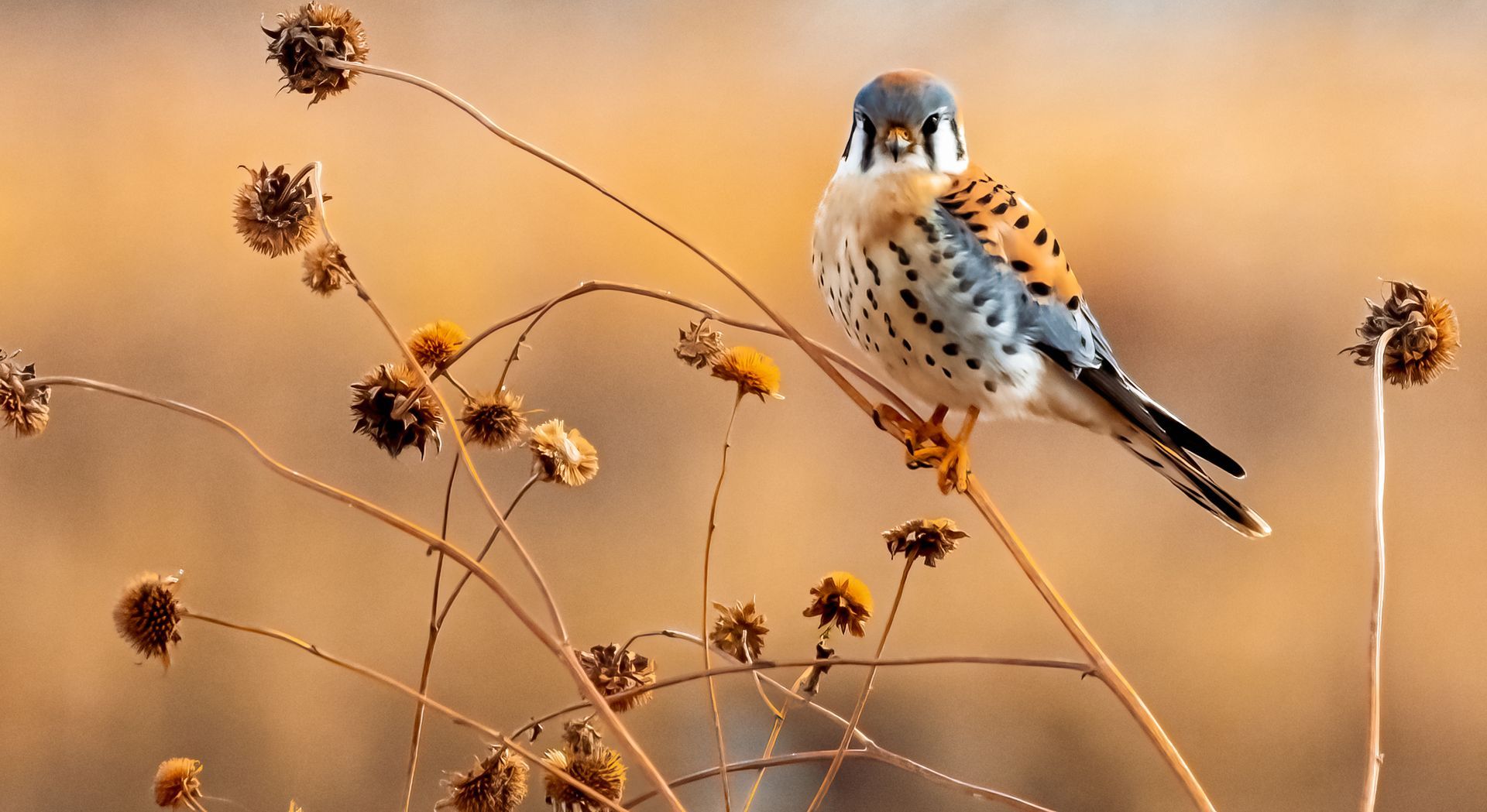Proposed commercial fishing statute nets full support from statewide organizations
A package of bills introduced this week aims to modernize commercial fishing regulations ahead of the 2020 Great Lakes Consent Decree negotiations.
House Bill 4569 , sponsored by Rep. Lilly (R-Park Township), House Bill 4567 , sponsored by Rep. O’Malley (R-Lake Ann), and House Bill 4568 , sponsored by Rep. Wendzel (R-Watervliet), are all part of a tie-barred, three-bill package.
Michigan’s commercial fishing regulations have not been updated since the 1970s. According to the Michigan Department of Natural Resources (MDNR), there were 171 commercial fishing licensees in 1970 that harvested 16.4 million pounds of fish.
Since that time, the number of state-licensed commercial fishers has drastically decreased with about 25 operating commercial fishers. In 2015, 3.4 million pounds of fish were commercially harvested.
Commercial fishing also plays an integral role in how the state manages its fisheries with respect to the 1836 Treaty Waters of the Great Lakes. Being proactive on this issue is important as the state and Coalition to Protect Michigan Resources enter the 2020 Consent Decree negotiations — a process that will affect our state’s fisheries, both sport and commercial, potentially for many years to come.
Amy Trotter, executive director of Michigan United Conservation Clubs, said updating the outdated statute will place Michigan, its anglers and our fisheries in the best possible position moving into the upcoming negotiations.
“The forthcoming negotiations are driving the urgency to get this legislation completed this year, and MUCC will be working hard to protect our sportfishing heritage in Michigan,” Trotter said.
Another issue is that the current licensing fees that commercial fishers pay don’t cover the costs of current MDNR oversight and enforcement, which is currently subsidized by sport anglers.
Game fish have been caught as bycatch due to a lack of regulation on the location and type of gear used by commercial fishers. This bill would not allow game fish to be retained as bycatch, although other species may be considered allowable bycatch. This package of bills would address these issues in the following ways:
- Creates a list of all species available for commercial harvest, in turn protecting game species.
- Requires commercial fishers to check their nets regularly and regulates the allowable gear in relation to the time of year and location of nets.
- Establishes penalties for the taking, possessing or selling of specific species. Game fish unlawfully taken will incur a higher fine.
- Exceeding bycatch allowances results in fines, and the MDNR shall conduct a study at least every three years to determine the allowable bycatch and adjust quotas accordingly.
- Creates penalties for a person intentionally obstructing the legal taking of fish.
- Requires commercial fishers to report GPS coordinates of their nets to the MDNR.
This bill package would also align with three 2000 Consent Decree goals related to lake trout (the No. 1 sportfish being caught as bycatch by Michigan commercial fishers):
- Restore self-sustaining, wild populations
- Provide a recreational sport fishery for Michigan anglers
- Provide a recreational sport fishery for tribal parties
Dennis Eade, executive director of the Michigan Steelhead and Salmon Fishing Association, said his organization supports the protection of game fish that this bill package proposes.
“The Michigan Steelhead and Salmon Fishing Association fully supports the legislation to establish a commercial fishing statute that protects game fish, regulates gear used to take fish and establishes penalties which will protect our sport fishery,” Eade said.
According to an economic study commissioned by Michigan United Conservation Clubs, the sportfishing industry produces an economic output of more than $2.3 billion. The economic output of commercial fishers pales in comparison at $5.4 million, according to 2015 data from the MDNR.
Bryan Burroughs, executive director of Michigan Trout Unlimited, said the economic risk of not updating our current commercial fishing statute is one that his organization and recreational anglers should be aware of.
“Michigan hosts nearly 1.5 million recreational anglers annually, with the second most out-of-state anglers in the country. These recreational anglers pay for the conservation and management of our fisheries, and they turn each fish caught into a high-value economic proposition for the state through their dedicated angling expenditures throughout Michigan’s local economies,” Burroughs said. “Updating these commercial fishing regulations and keeping sought after gamefish protected is imperative and just plain good business for Michigan.”
Charter boat captains are another stakeholder that stand to lose their livelihood should this legislation not pass.
Terry Walsh, immediate past president of the Michigan Charter Boat Association, said current laws have led to legal challenges for the state.
“It has been several decades since the last update of the commercial fishing laws in Michigan, which has led to challenges in enforcement and administration,” Walsh said. “MCBA fully supports moving forward to modernize this statute.”
Trotter said stakeholder engagement on this issue has been vital to presenting lawmakers with the most up-to-date and accurate information regarding the current state of commercial fishing laws.
“MUCC applauds Rep. Lilly, Rep. Wendzel and Rep. O’Malley for their hard work drafting and introducing these bills,” Trotter said. “The dedication of these legislators proves just how vital our sport fisheries are in Michigan.”
Michigan Trout Unlimited, Michigan Steelhead and Salmon Fishing Association, and the Michigan Charter Boat Association are also grateful for the work of the bill sponsors in spearheading this legislation.
The post Proposed commercial fishing statute nets full support from statewide organizations appeared first on Michigan United Conservation Clubs.



